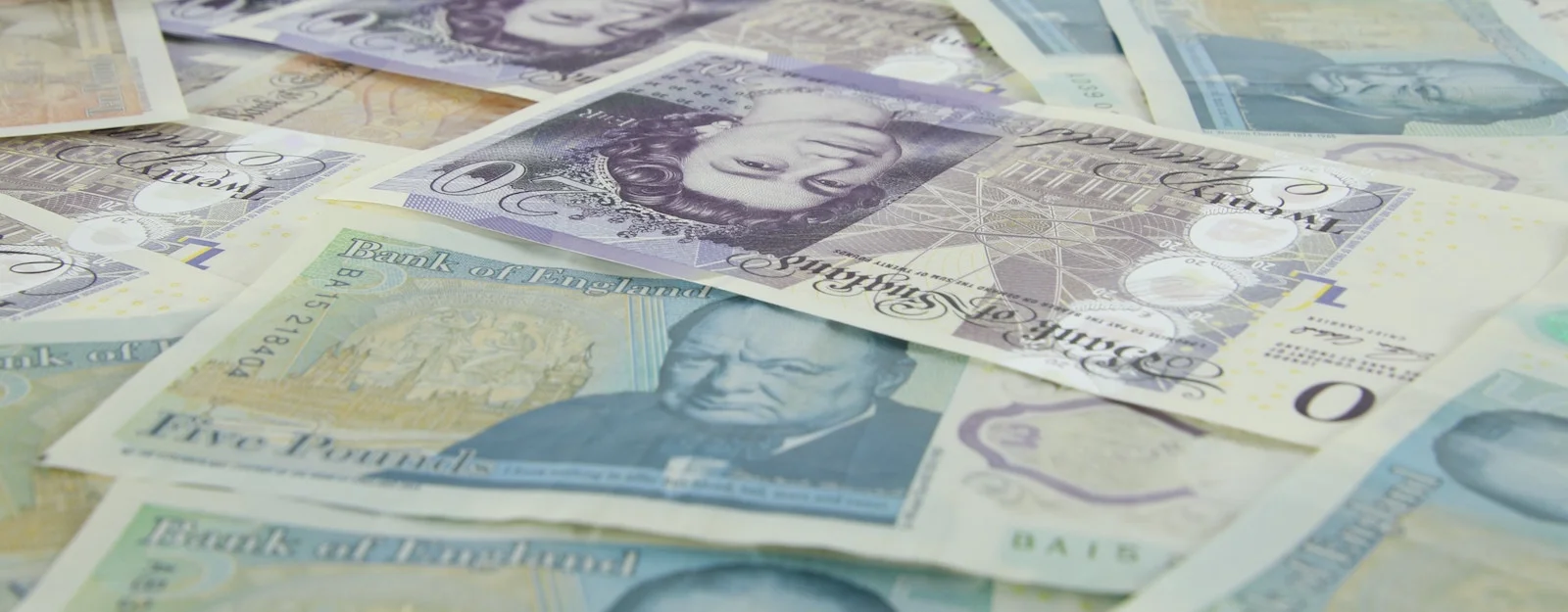Investigate the likelihood of cryptocurrency replacing the pound, the factors contributing to this potential shift, and the implications for the future of currency.
As cryptocurrencies continue to gain traction worldwide, questions have arisen about the future of traditional currencies like the British pound. Will cryptocurrency replace the pound? In this article, we’ll explore the likelihood of cryptocurrencies supplanting the pound, the factors influencing this potential shift, and what the future might hold for both types of currency.
The Rise of Cryptocurrencies
Since the creation of Bitcoin in 2009, cryptocurrencies have grown exponentially in popularity and market value. With over 10,000 cryptocurrencies in existence and a combined market capitalization in the trillions, it’s clear that they have made a significant impact on the financial world.
Cryptocurrencies offer several advantages over traditional currencies, such as lower transaction fees, faster transfer times, and increased financial privacy. Additionally, they provide a decentralized alternative to government-controlled currencies, appealing to those concerned about government intervention and inflation.

Factors That Could Lead to Cryptocurrencies Replacing the Pound
Increasing Adoption
As more businesses and individuals begin to accept cryptocurrencies for everyday transactions, the possibility of them replacing traditional currencies like the pound becomes more plausible. If cryptocurrency becomes widely accepted as a means of payment and a store of value, its use could eventually outpace that of the pound.
Technological Advancements
Advancements in blockchain technology and cryptocurrency infrastructure could make digital currencies more accessible and user-friendly. Improvements in scalability, transaction speed, and security could potentially sway public opinion in favor of cryptocurrencies over traditional currencies.
Government Support
Although unlikely in the short term, it’s possible that governments could eventually support the use of cryptocurrencies as a national currency. This could occur if governments recognize the benefits of cryptocurrencies or if they feel pressured to adopt them due to their widespread use.
Economic Instability
In times of economic instability or inflation, people may seek alternative stores of value to protect their wealth. Cryptocurrencies, being decentralized and not tied to any specific government or economy, could be seen as a more stable option than the pound in such circumstances.
Factors That Could Hinder Cryptocurrencies from Replacing the Pound
Regulation
One of the main factors that could prevent cryptocurrencies from replacing the pound is government regulation. Concerns about money laundering, tax evasion, and investor protection have led many governments to introduce stringent regulations on cryptocurrency use. These regulations could limit the adoption and growth of cryptocurrencies, making it difficult for them to replace traditional currencies.
Volatility
Cryptocurrency markets are notoriously volatile, with the value of digital currencies often experiencing dramatic fluctuations in short periods. This volatility could deter individuals and businesses from using cryptocurrencies as a stable store of value or medium of exchange, limiting their ability to replace the pound.
Security Risks
Despite the inherent security of blockchain technology, cryptocurrency users still face risks such as hacking, phishing, and fraud. These risks could deter potential users from adopting cryptocurrencies and make it less likely for them to replace traditional currencies like the pound.
Limited Use Cases
Although cryptocurrencies offer several advantages over traditional currencies, they are not yet suitable for all use cases. For example, cryptocurrencies are not widely accepted for everyday transactions, and many people still rely on traditional banking services. Until cryptocurrencies can fully address these limitations, it’s unlikely they will replace the pound.
The Future of Currency: Coexistence or Competition?
While it’s difficult to predict the future of currency with certainty, it’s likely that cryptocurrencies and traditional currencies like the pound will continue to coexist for the foreseeable future. Each form of currency has its own unique advantages and disadvantages, and they may serve different purposes within the economy.
In the short term, cryptocurrencies may not replace the pound, but they could increasingly complement it as an alternative form of payment and store of value. Over time, as cryptocurrency adoption increases and technology continues to advance, the relationship between cryptocurrencies and traditional currencies may evolve. This could lead to a more competitive landscape or even the potential for cryptocurrencies to eventually replace the pound in specific use cases.
However, it’s important to note that the widespread replacement of traditional currencies like the pound by cryptocurrencies is not guaranteed. Government regulation, market volatility, security risks, and limited use cases may all hinder the growth of cryptocurrencies and their ability to replace the pound.
Ultimately, the future of currency will depend on numerous factors, including technological advancements, regulatory environments, and public perception of cryptocurrencies. As the world becomes more digitally connected, it’s possible that cryptocurrencies will play an increasingly important role in the global economy. Whether they will eventually replace the pound or other traditional currencies remains to be seen, but their continued growth and development suggest that they will likely have a lasting impact on the financial landscape.